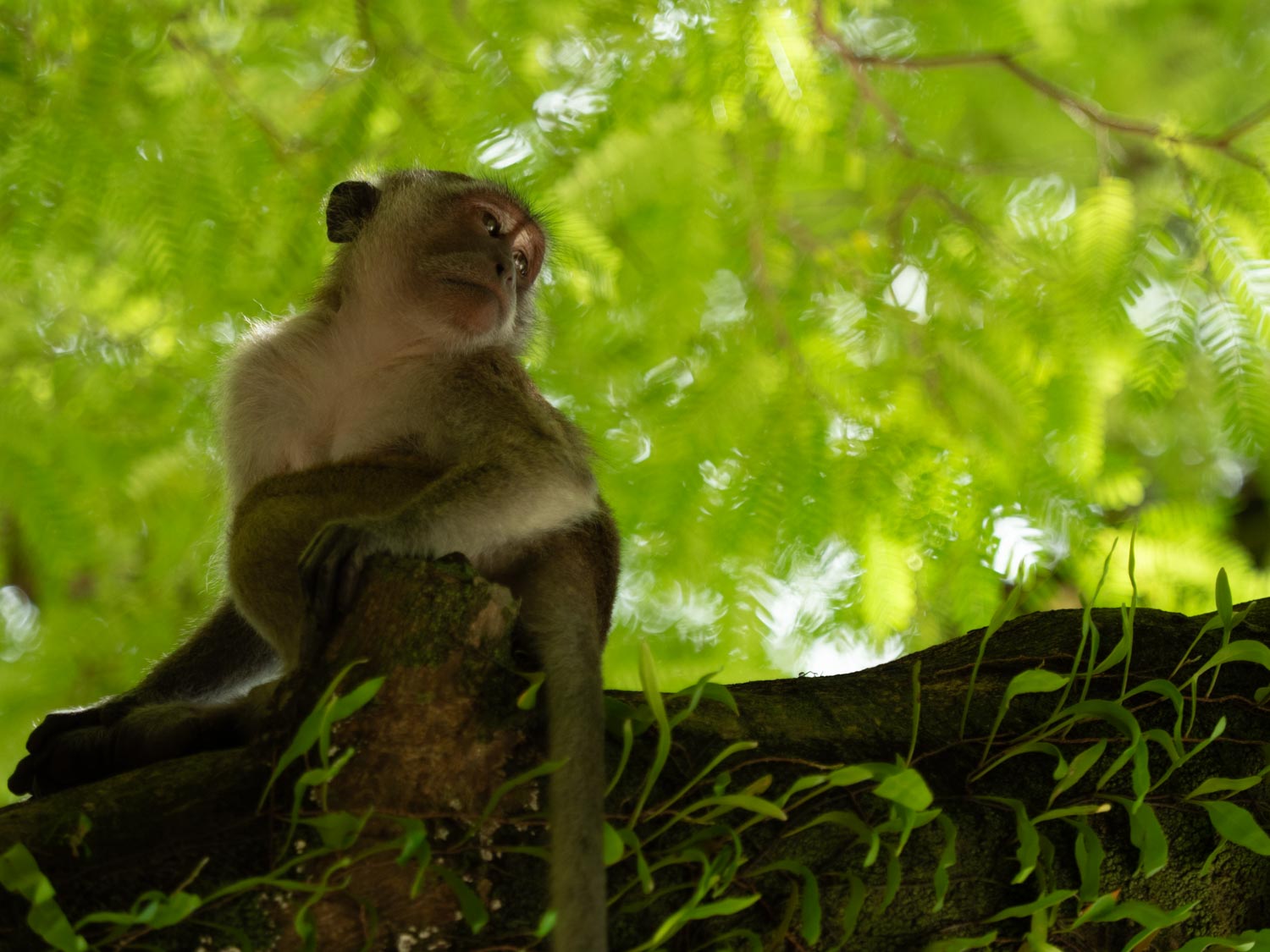You keep paradise picture‑perfect, because let’s be honest, it doesn’t maintain itself.
Thailand’s marine parks are jaw‑dropping, crystal‑clear, coral‑glowing slices of heaven, and they stay that way only if we treat them with love. So while you’re out there living your best island‑hopping life, a few rules keep the ocean happy, the fish unbothered, and you out of trouble.
Think of it as: Eco‑friendly, but make it fabulous. The cheeky guide to what NOT to do.
Sunscreen
Reef‑damaging sunscreen is a no‑go. Choose reef‑safe formulas so the corals stay colorful and the fish stay alive. Your tan will still look amazing.
Collecting marine life
Shells, corals, fragments. Leave them where they belong. Even dead coral is off‑limits. And before leaving the island, wash the sand back into the sea. Souvenirs are for shops, not ecosystems.
Fishing bans
Fishing inside marine parks is 100% prohibited. No rods, no nets, no “just one fish.” Penalties can be serious, and the fish would prefer to stay alive, thank you.
Feeding marine life
Feeding fish is illegal. It disrupts their natural behavior and can get you in real trouble. Admire them, photograph them, but don’t offer them snacks.
Alcohol & smoking
No smoking. No alcohol. It’s a marine park, not a beach bar, save the cocktails for later.
Anchoring on coral
Absolutely not. Dropping an anchor on coral is like stepping on someone’s house, rude and illegal. Use the mooring buoys (yellow or red with blue bands) and keep the reef drama‑free.
Waste disposal
Trash belongs in bins, not in the ocean. Littering is strictly forbidden, and honestly, nothing ruins a tropical fantasy faster than floating plastic. Keep it clean, keep it cute.
Tourism management
Sometimes islands take a little “me time.” Authorities may close or limit access to help nature recover. If an island is on a break, we respect that.
Management & legislation
The Marine National Park Division (MNPD) under the Royal Forest Department is the boss here. They protect, research, and regulate everything so you can enjoy the beauty without destroying it.

